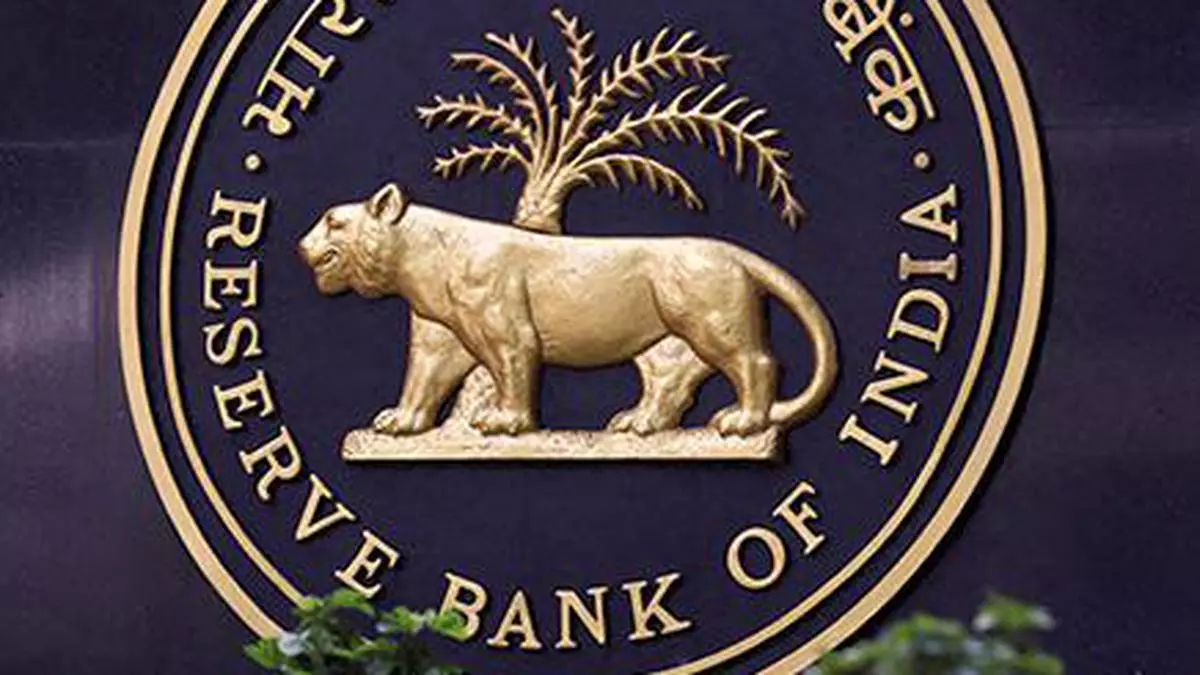RBI imposes ₹74 crore fine on 64 lenders amid heightened supervision in FY24
With economic conditions largely stable and banks sitting on strong balance sheets, Reserve Bank of India seems to have used the relative calm of FY24 as an opportunity to strengthen supervision and crackdown on regulatory breaches.
- Also read:RBI likely to hold repo rate at 6.50%
The fiscal year was one of heightened regulatory measures, culminating into three big operational measures being taken against Paytm Payments Bank, IIFL Finance and JM Financial Products in the last quarter of the fiscal. While these were a departure from the traditional financial penalties imposed by the regulator, the number of fines too saw an increase in both the number and quantum of penalties levied.
The central bank imposed a monetary penalty on 64 banks and NBFCs during the financial year, for a cumulative amount of ₹74.1 crore. In comparison, 41 lenders had been fined for a total amount of ₹33.1 crore in FY23, as per data collated by businessline. The data excludes co-operative banks and regional rural banks.
In addition, RBI also relied on sector-wide measures such as increasing risk weights on some unsecured loans and tightening regulations around AIF investments to address concerns of perfunctory credit underwriting, overvaluation of collateral, governance issues and potential window-dressing of accounts.
“RBI is showing a serious commitment to improving governance and transparency at finance companies and banks. We believe its recent measures will curtail lenders’ over exuberance, enhance compliance culture and safeguard customers. The drawback will be higher capital costs for institutions,” S&P Global had said in a recent note. It highlighted non-compliance, customer complaints, data privacy, governance, know-your-customer (KYC) and anti-money laundering as the central bank’s focus areas.
Monetary penalties
Of the penalties imposed in FY24, 35 regulatory actions were on banks including 16 PSU banks, 13 private banks, four foreign banks and one small finance bank and payments bank each. 23 of the penalties were of ₹ 1 crore or above.
Bulk of the actions during FY24 pertained to non-compliance with regulatory directions on KYC (Know Your Customer), reporting of timely credit information to credit bureaus and CRILC, interest rates on loans and deposits, customer service, fraud monitoring, reporting and specific issues with respect to NBFCs.
S&P Global said that RBI is now publicly disclosing the key issues pertaining to the actions being taken and has become more vocal in calling out conduct that it deems ‘detrimental to the interests of customers and investors. This increased transparency will create additional pressure on the entire financial sector to enhance compliance and governance practices’.
In June, 2023, RBI cracked down on all four credit bureaus for maintaining certain inaccurate or incomplete data and delays in grievance redressal and credit score updating of customers. The second half of the fiscal year also saw increased action on banks such as State Bank of India, Indian Bank, Punjab and Sind Bank, Bank of Baroda, Indian Overseas Bank, Union Bank and Bank of Mahasrashtra for sanctioning term loans in lieu of budgetary resources envisaged for other projects and without due diligence on the viability and bankability of the projects approved.
Before the January 31 action asking Paytm Payments Bank to wind down operations, the central bank had in October, 2023, penalised the lender for an amount of ₹5.39 crore for failing to identify beneficiaries onboarded for payout services, implement device binding control measures, monitor payout transactions, carry out risk profiling of entities and delays in reporting a cyber security incident. The entity was also in violation of certain norms on cyber security framework and end-of-day balances in certain accounts.
SBI, Bank of India, Canara Bank, Punjab and Sind Bank, Bank of Baroda, Axis Bank, Indian Overseas Bank, Manappuram Finance and Indian Bank were fined twice during the course of the year. The largest fine of ₹12.19 crore was imposed on ICICI Bank, for sanctioning and committing loans to companies in which two of its directors were also directors. The bank also marketed and engaged in the sale of non-financial products and failed to report certain frauds within the prescribed timeline.
On the other hand, FY23 had seen more penalties against fintechs and new age lenders and housing finance companies. Banks accounted for 21 of the 41 penalties of which seven were PSU banks and private banks each, five were foreign banks and two small finance banks. Here too, KYC violations, customer service and data were the top reasons for the regulatory actions.
- Also read:The RBI is turning 90
Bank of India, Punjab and Sind Bank, Bank of Baroda, Manappuram Finance, Federal Bank, Mercedes-Benz Financial Services (formerly Daimler Financial Services India), Kotak Mahindra Bank, RBL Bank, Indian Bank, Axis Bank, Bank of Maharashtra, Indian Overseas Bank and Central Bank were repeated offenders, paying a penalty in both the financial years.
